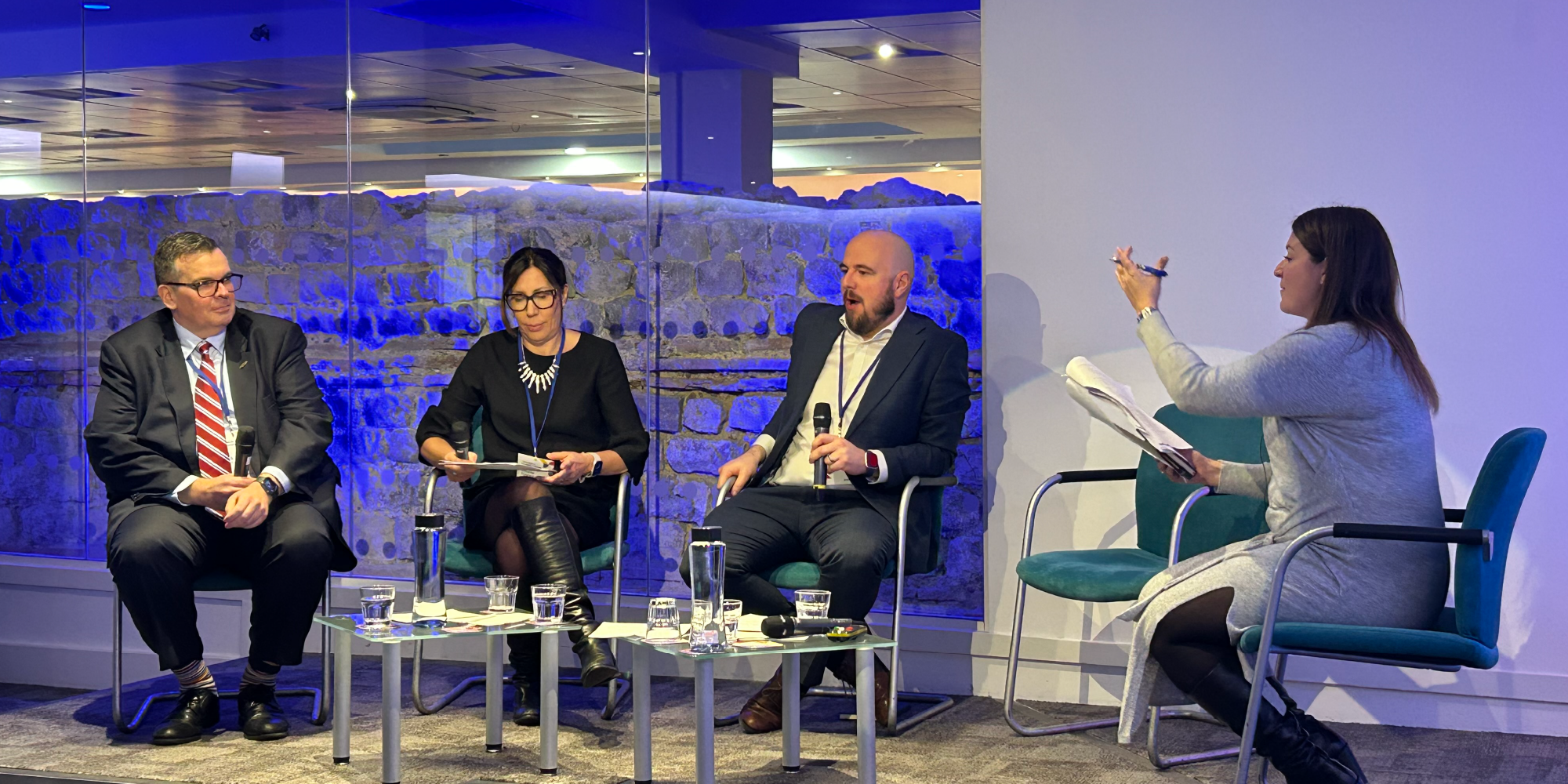How is the industry developing the next generation of claims professionals? What more can the sector be doing to attract and retail talent? Is it time for more action and less talk on the talent shortage facing the insurance sector?
These were the critical questions addressed during a deep-dive discussion into the talent challenges the insurance industry currently faces at the recent Crawford Technical Claims Forum in London.
Following on from an earlier debate on the role of artificial intelligence, which had touched on its potential impact on talent in the sector, the discussion kicked off by addressing where AI fits in the development of talent.
For Debbie Hayward, a claims specialist at Brit, fundamentally claims management is a people business, but that does not mean that AI does not have a supporting role.
“We need to ensure that our people have those empathy and communication skills when handling a claim,” she said. “But where we can work with AI is in supporting those FNOL conversations. So, when you are talking with a customer and understanding what is important to them and how you can help, AI can operate in the background to make sure you are capturing the necessary information during the call.”
Responding to fears that AI might be a threat to talent, she recognised that people are often afraid of change. However, with the increase in apprenticeships and graduate programmes, Hayward believed this influx of new and diverse people into the claim environment was helping facilitate the technology transition.
“These apprentices are entering the sector with huge amounts of enthusiasm and they are already familiar with using AI. These new recruits are more open to embracing new technologies and can actually help upskill colleagues in how to put these capabilities to best use.”
Shifting the focus of the discussion from technology to the need for soft skills and the importance of striking the right balance, Greg Smith, president, Crawford Canada, viewed empathy and compassion as being as critical as technical knowledge.
“At Crawford, we look at the soft skills as the real differentiator for our employees,”
he said.
“We’re very capable of teaching people the technical aspects and the importance of adhering to process, but we can’t teach people to care. We must bring in people who have a customer-focused mindset and those baseline soft skills – it’s about balancing empathy and technical ability.”
Of course, before any training process can begin, the next generation must be willing to walk through the door. Panellists were united in their views that more needs to be done to promote the value of a career in insurance.
Luke Brannigan, people development director, Crawford UK, told delegates: “Claims management is a perfect example of purpose-led work. If you talk to anyone in their early twenties who is coming into the workforce what kind of career they want, most of the time they will say they want a something in which they can truly make a difference to people. That’s why I think claims is one of the industry’s best kept secrets because it is what we do every day.”
Hayward added that there was a clear need for the industry to do more in promoting itself as a career destination rather than somewhere people end up.
“Let’s really showcase what we do. We’ve heard today about the incredible benefit and value of insurance in helping to address critical developments such as climate change which are impacting everyone,” she said. “We need to be tapping into that and showing people what a diverse career the insurance industry can offer.”
And when new talent comes through the door, it’s about making sure that they are developing and enhancing their skills from day one, noted Smith, highlighting the importance of initiatives such as mentoring in this process.
“We formalized our training program where we're bringing in waves of new graduates, as well as new to insurance, mid-career changing professionals, and putting them in a mentoring relationship with experienced adjusters. Every three months, we cycle them through a different line of business. That's been a really positive experience, both for the trainee as well as the mentor.”
Brannigan also highlighted the importance of bringing the claims experience to life as quickly as possible in the career paths of new entrants.
“As part of my previous role, I was running a training program with a team of graduates loss adjusters who had only been in the business for a few months. We had a surge event in Cumbria, and we sent a number of them up to the affected regions to help manage some of the lower-value claims. That for many of them was a ‘light-switch’ moment where they got to see hands-on the real value of what we do.”
Bringing the discussion to a close, the question was asked whether there needed to be more collaboration to tackle the talent shortfall and foster the next generation of talent.
For Smith, the answer was clear. “We need to recognize that this is an industry-wide problem and therefore requires an industry-wide solution.” Highlighting the work of the Insurance Institute of Canada, which has invested in a recent campaign aimed at new graduates and recruits, he concluded:
“It’s vital that the industry as a whole comes together – as the saying goes, a rising tide lifts all boats.”



